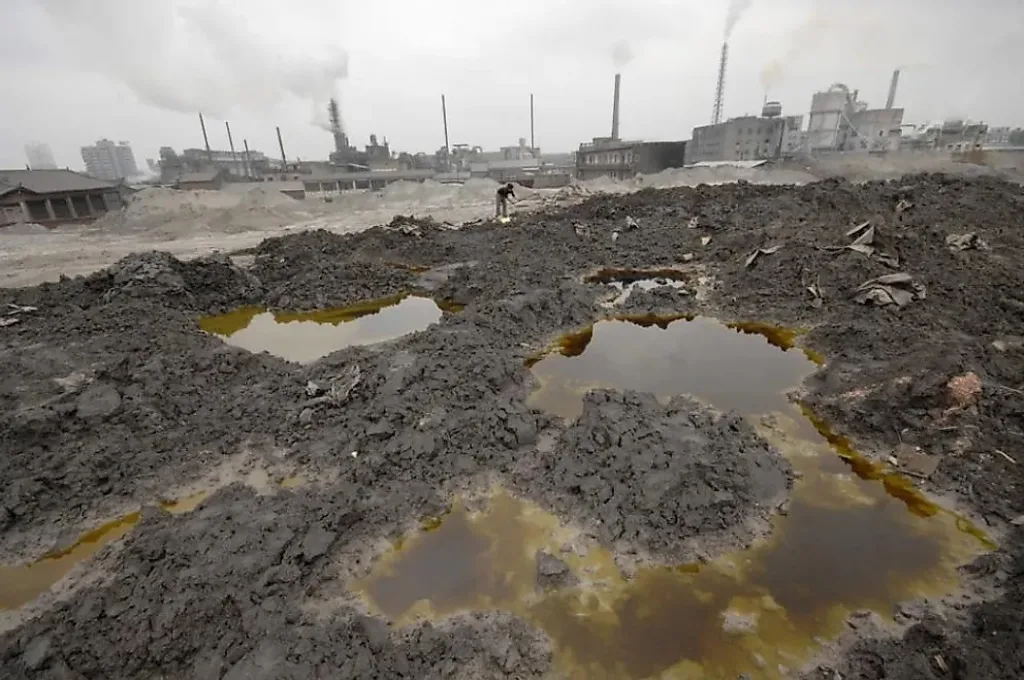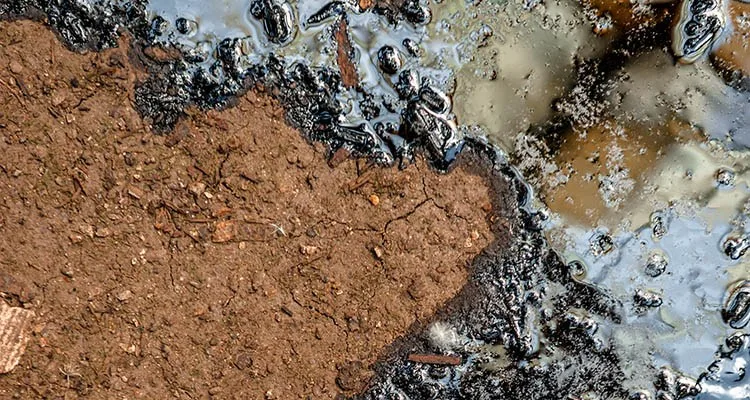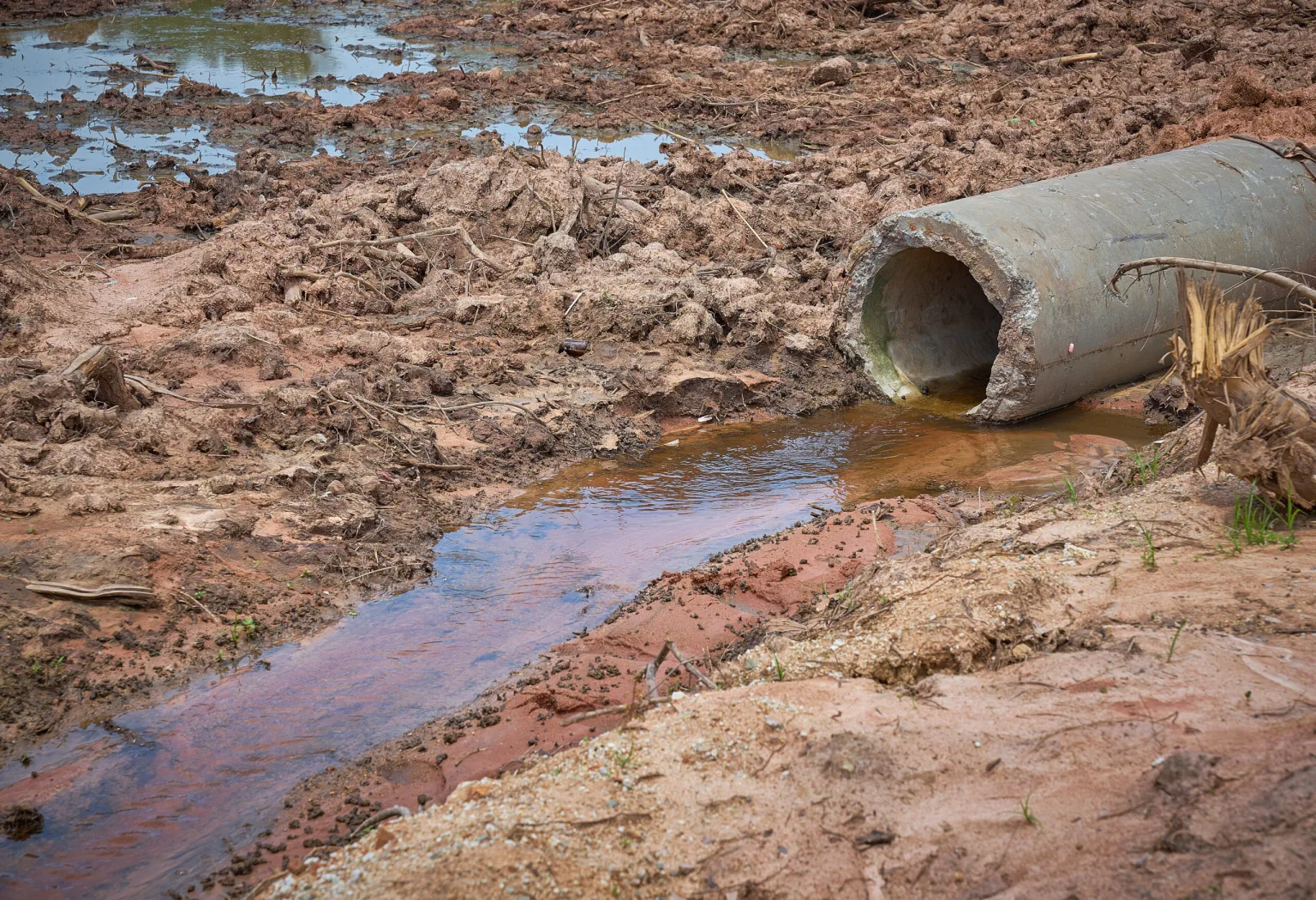Introduction to soil contamination
Healthy soil is foundational to human health. It is needed to grow crops, provide food, and sustain populations. It supports diverse ecosystems and critical ecological services such as pollination. It stores water and prevents floods. It captures carbon and slows global climate change.
However, the contamination of soil on the other hand may not make all these things aforementioned feasible and possible as the soil tends to be polluted.
What are the health problems caused by soil?
Soil contamination is a big problem that affects human health. These include breathing problems, stomach issues, brain disorders, and risks to reproductive health.
Understanding the significance of soil quality
Soil quality is crucial for our environment’s health and productivity. It helps plants grow, filters water, and is important for the carbon cycle. When it gets polluted, these functions can be harmed, causing environmental and health problems.
Sources and causes of soil contamination
Soil can get polluted in many ways, like bad waste disposal and industrial activities. Some main causes of soil contamination include:
• Improper disposal of industrial waste and hazardous materials
• Excessive use of pesticides and fertilizers in agriculture
• Leakage from underground storage tanks or pipelines
• Accidental spills of petrochemicals or other hazardous substances
• Atmospheric deposition of pollutants from industrial emissions or vehicle exhaust
Common soil contaminants |
Sources |
Heavy metals | Industrial activities, mining, and improper waste disposal
|
Pesticides | Agricultural practices and improper disposal
|
Petrochemicals | Leakages from storage tanks, pipelines, and accidental spills
|
Industrial chemicals | Improper disposal of industrial waste and byproducts
|

Toxic substances found in contaminated soil
Soil can gets contaminated by heavy metals, organic chemicals such as pesticides, biological pathogens, and some particles. Soil contamination, therefore, reduces the ability to yield food, as it results in food crop contamination and disease.
European Commission Action Plan for 2050: A Healthy Planet for All
In the publication ‘European Commission Action Plan for 2050: A Healthy Planet for All’, it was suggested that air, water, and soil pollution must be reduced to levels that cause no harm to human or ecosystem health.
Yearly, the world marks the ‘World Soil Day’ on December 5, to raise awareness about the growing challenges in soil management and soil biodiversity loss. Also to encourage governments, communities and individuals around the world to commit to improving soil health.
Sources of soil contamination
Soil contamination occurs when toxic chemicals used in or produced as byproducts of industrial activities are released to the environment or land.
Speaking with a young farmer about the resulting effects of soil contamination to farmers, Kabiru Ahmed, explained that it could lead to negative impacts on ecosystem, biodiversity and human health problems.
These health problems may include cancer and neurological damage, and as well as complications from contaminated food.
However, in curbing these effects, it is expedient that farmers enforce regulations on waste disposal and industrial activities as well as monitor and remediate polluted soils.
Impact of soil contamination on human health
Soil contamination has significant impact on human health. It is crucial to understand the effects of being exposed to polluted soil for both immediate and long-term health concerns.
Recognising these impacts is essential for combating soil pollution and safeguarding public health and the environment.
Short-term effects
Right away, coming into contact with contaminated soil can result in health issues. These problems may include:
• Skin irritation and rashes
• Nausea, vomiting, and digestive problems
• Respiratory problems like coughing, wheezing, and shortness of breath
• Headaches, dizziness, and fatigue
Long-term effects
Being around contaminated soil for a long time can cause serious health issues. These issues might be:
1. Organ damage, such as liver or kidney dysfunction
2. Neurological disorders, including memory loss and cognitive impairment
3. Increased risk of certain types of cancers
4. Reproductive issues, including fertility problems and birth defects
Digestive issues caused by contaminated soil
Soil contamination can harm our health, especially our digestive system. Eating food from polluted soil can cause stomach problems, from mild to severe.
Foodborne illnesses and contaminated produce
Pollutants like heavy metals and pesticides can get into our food. This leads to food-borne illnesses, causing symptoms like diarrhoea and stomach pain. Effects of soil pollution on environment also affect our food’s safety and quality.

FAQ
What are the health problems caused by soil pollution?
Soil pollution can cause many health issues. These include respiratory problems, digestive issues, and neurological disorders. It can also lead to reproductive health problems and increase the risk of cancer.
When soil is polluted, it can release harmful substances like heavy metals and pesticides. These substances can harm both human health and the environment.
What are the sources and causes of soil pollution?
Soil pollution comes from different sources. Improper waste disposal, industrial activities, and certain farming practices are common causes. These activities introduce contaminants into the soil.
This leads to environmental damage and health risks. Heavy metals, petrochemicals, and organic pollutants are some of the contaminants found in polluted soil.
What toxic substances are commonly found in contaminated soil?
Polluted soil often contains toxic substances. Heavy metals like lead, cadmium, and mercury are common. Organic pollutants are also found.
These substances can stay in the soil for a long time. They pose serious risks to human health and the environment.
How can soil contamination impact human health in the short-term and long-term?
Soil contamination can affect health in the short and long term. Short-term effects may include skin irritation and respiratory problems. Long-term exposure can lead to serious health issues.
These issues include organ damage, neurological disorders, and a higher risk of cancer. It is important to understand these health impacts to prevent and mitigate soil pollution.
What respiratory illnesses are linked to soil pollution?
Polluted soil can release dust and particles into the air. When inhaled, these can cause respiratory problems. Conditions like asthma, bronchitis, and lung cancer are linked to soil pollution.
This is a major health concern, especially for children and the elderly.
How can soil pollution cause digestive issues?
Eating food grown in polluted soil can lead to digestive problems. These include infections, diarrhoea, and stomach pain. Pollutants can also get into crops and livestock, contaminating the food supply.
Addressing soil pollution is key to ensuring food safety and public health.
What neurological disorders are associated with soil contamination?
Soil contaminants can harm the nervous system. Heavy metals and pesticides can cause neurological disorders. These include cognitive problems, Parkinson’s disease, and Alzheimer’s disease.
Understanding this link is crucial for protecting vulnerable groups and promoting well-being.
How can soil pollution impact reproductive health?
Soil pollution can affect reproductive health. Pollutants can disrupt hormonal balance, causing fertility issues and increasing the risk of birth defects. Protecting reproductive health is vital in addressing soil pollution’s effects.
Is there a link between soil contaminants and increased cancer risk?
Yes, many soil pollutants are linked to a higher cancer risk. Carcinogenic substances in contaminated soil can lead to various cancers. Understanding this link is key to preventing and detecting cancer early.



